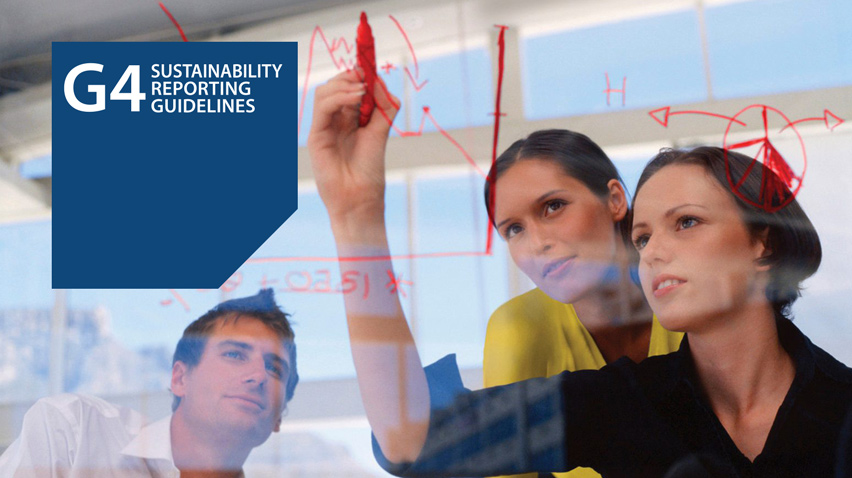Deep water
Safety in deep water
Shell has a long history of working safely in deep water – that is, offshore oil or gas production at depths greater than 300 metres. Today, technological advances enable us to work in water up to 10 times that depth.
At Shell, as we operate in deeper and more challenging environments, we continually review our procedures, improve our equipment and develop the skills of our employees. For example, Phase 3 of our Malampaya gas project off the coast of the Philippines, which started up in 2015, is supported by a specialist health, safety and environment (HSE) training centre. More than 6,000 Filipinos have been trained to the highest HSE standards at the centre since 2013.
At our training centre in Louisiana, USA, we have equipment and simulators that replicate normal and emergency conditions on an offshore deep-water platform. This allows us to provide new operators with the necessary skills to work safely offshore and to reduce their training time from around three years to eight months.
Oil-spill response
We regularly test our oil-spill emergency response procedures and capability to ensure employees and contractors can respond rapidly to an incident. We continue to work with the oil and gas industry to further develop effective oil-spill emergency response capabilities.
Shell is a founding member of the Marine Well Containment Company (MWCC), which is designed to respond to a deep-water well control incident in the Gulf of Mexico, USA. The MWCC can cap or contain wells at depths of more than 3,000 metres. MWCC continues to make upgrades and enhancements to its cap and containment systems, including developing equipment that has higher temperature and pressure capabilities.
Shell is also a founding member of the Subsea Well Response Project, backed by nine major companies. The project has deep-water well-capping and spill-response equipment in Brazil, Norway, Singapore and South Africa. In early 2015, new well containment equipment – designed to capture oil from a leaking well if other systems fail – was made available to member companies around the world.
Raising industry standards
We want to help improve safety performance throughout the energy industry. Shell works in partnership with industry associations and other professional groups to share our safety experience and standards with other operators and contractors. These include the International Association of Oil & Gas Producers, the American Petroleum Institute (API) and the Society of Petroleum Engineers. We also work with other third parties, such as the Energy Institute in the UK, to promote industry-leading research into safety culture in organisations, safety leadership and how best to learn from incidents.
The Center for Offshore Safety (COS), sponsored by the API and of which Shell is a member, is an example of collaboration between the industry and regulators to continuously improve safety and environmental performance in the Gulf of Mexico. Safety and environmental management systems of COS members are audited and certified by third parties. Member companies also co-operate to learn from their best practices and experiences. For example, Shell has been participating in an analysis of safety incidents involving lifting and hoisting.
